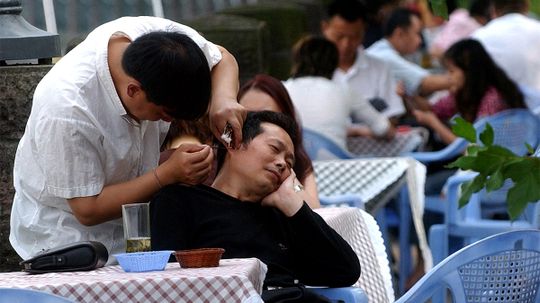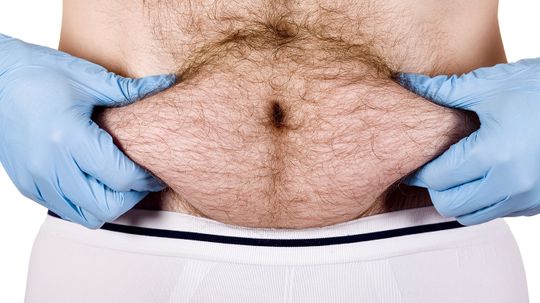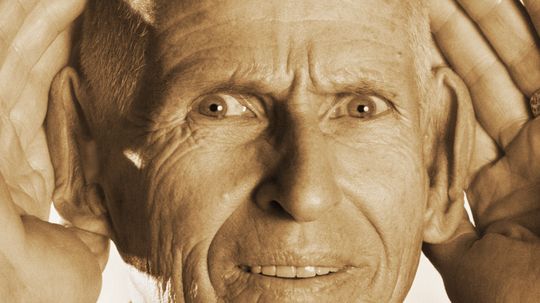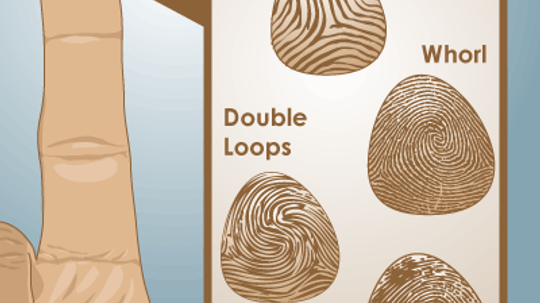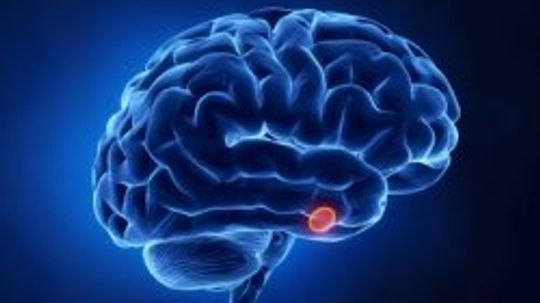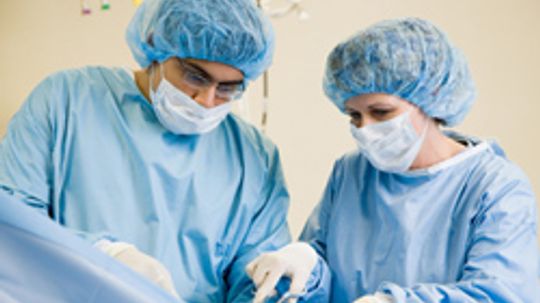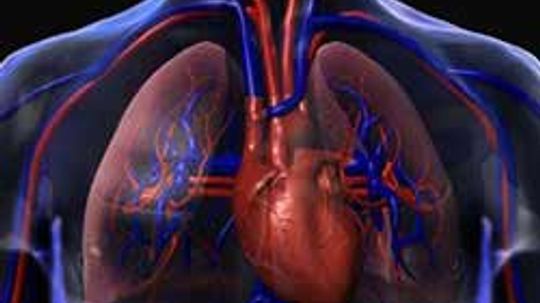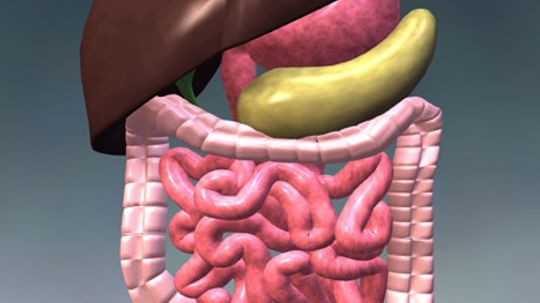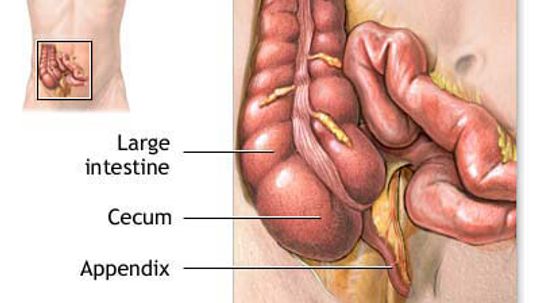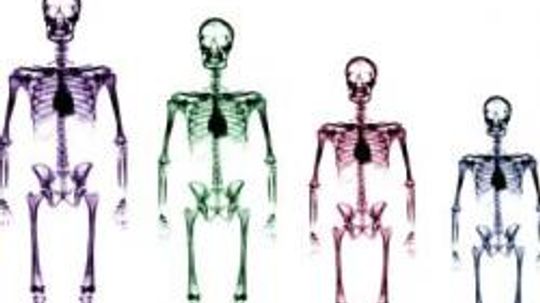Body Parts
Body Parts work together to perform different functions required for life. Learn how your internal organs operate in this section.
Learn More / Page 2
So many notes announcing new babies start, "Everyone's safe and healthy with 10 fingers and 10 toes." But why do most folks have 10 of each?
As anyone who's ever used a cotton swab knows, human ears generate a fair amount of earwax. But what exactly is the stuff, and do you need to make a point of clearing it out every so often?
If you have chronically itchy elbows, you're probably irritated in more than one way, as elbows aren't easy to scratch. For what it's worth, you're also in good company: A certain Civil War general shared your itchy condition.
Advertisement
Certain scientists have taken on the unappealing job of evaluating the debris that hangs out in the human belly button. What's hiding in your belly button?
Do your ears hang low? Do they wiggle to and fro? Could it be because your ears keep right on growing long after the rest of you has stopped?
Human bodies are wonderlands of grossness. You might be shocked to know some of the nastiest things your body is harboring right this minute.
If you've ever considered burning them off for various nefarious purposes, you may want to reconsider. Those babies are more than just loopy tools of identification.
By Robert Lamb
Advertisement
During early pregnancy, both male and female human embryos develop something called milk lines, ridges that eventually recede into nipples. Why have some species lost this unisex trait, and can human men actually produce milk?
Every guy is self-conscious about something, and hours are often spent wondering how he measures up to the competition. But what would-be body flaws are the most embarrassing?
Beauty may be in the eye of the beholder, but women are definitely held to higher standards than men. Could this be why so many of us are embarrassed of our bodies?
No one is perfect, but sometimes, we go above and beyond to hide our flaws. Is your No. 1 insecurity on our list?
By Sara Elliott
Advertisement
Your pituitary gland manages most hormone production. Learn about the pituitary gland in this article.
The sphenoid sinuses are located behind your eyes. Learn more about what sinus is located behind your eyes from this article.
The maxillary sinuses are located right under your eyes and above the roots of your upper teeth. Learn more about the location of your maxillary sinuses from this article.
Think it's a hassle when your car breaks down? Try finding a spare organ when your body gives out. Thanks to years of research, scientists are now amassing a "body shop" of sorts, dealing not in tires or mufflers, but in bladders, bones and breasts.
Advertisement
By waxing, shaving, plucking and shearing, we manage to keep unwanted hairs at bay. But considering how much you shell out for new razors and your trips to the salon, it's a wonder that we bend over backward to groom a bunch of dead cells.
Have you ever wondered what your body looks like on the inside? Take a tour of your major bodily organs and learn about unusual organ conditions with these pictures.
The human body is fantastic biological specimen. Learn more about the human body with these revealing and insightful facts.
Vestigial organs are like the contents of your junk drawer: an assortment of objects that once had a purpose or might come in handy. What can these evolutionary mementos tell us?
Advertisement
It happens more often than you may think. Sometimes a baby is born with organs outside of his or her body and has a slim chance of survival. What causes this?
Most people's organs follow the same basic layout -- heart on the left, appendix on the right and stomach in the middle. But in about 1 in 10,000 births, organs end up on the opposite side.
Does the appendix serve any purpose in the human body? Scientists are divided on the issue -- learn why.
By Amy Hunter
Despite what people say, the tongue isn't your body's strongest muscle. But you do depend on it for eating, tasting and speaking.
By Sarah Dowdey
Advertisement
Getting shot is not something anybody hopes will happen, but if it does, where is the best place to take a bullet? Find out what the experts think.
Our list of 16 unusual facts about the human body will both shock and enlighten. Did you know that everyone has a unique tongue print or that we shed skin cells the same way a dog sheds hair?

